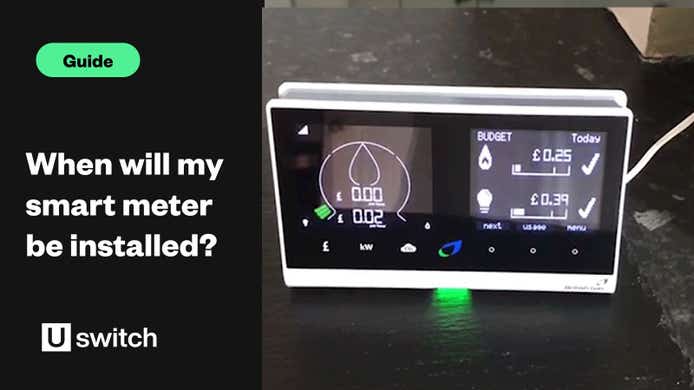The UK's electricity is generated from fossil fuels, nuclear, renewable and imported energy. The latest UK energy statistics found that renewable energy is now responsible for over 47% of the UK's electricity generation.
From "who is my supplier?" to "how are my bills calculated?", here are the most common questions we are asked, along with their answers.
Where does UK gas and electricity come from?
As of 2023, about half of the UK's gas comes from the North Sea, with 33% coming from European lines fed by Norway. Most of the rest comes from three liquified natural gas (LNG) terminals.
The UK's electricity is generated from fossil fuels, nuclear, renewable and imported energy.
Who is my gas and electricity supplier?
Check your latest energy bill or visit this guide to find the name of your gas or electricity supplier.
What is dual fuel?
With a dual fuel plan you get your gas and electricity from the same energy supplier. This usually works out cheaper than a single fuel plan where you buy your gas and electricity from different suppliers. This is because dual fuel plans sometimes work out more cheaply than getting your fuels from two different suppliers. Plus, with a dual fuel plan, you only have to deal with one energy company if you have any queries or problems with your gas and electricity.
What is Economy 7?
Economy 7 refers to both the meter that tracks your electricity usage separately for day and night, and the tariff, which charges different rates for the day and night usage. Read more about Economy 7 here.
What is green energy?
Green energy is electricity or gas derived from renewable sources such as hydro energy, wind energy, solar energy and biomass.
How are my gas and electricity bills calculated?
Your energy bills are calculated on the basis of how many units of energy you consume. You may also pay a standing charge. When your meter is read, the energy company will subtract the amount shown on the previous meter reading from the most recent one to work out your bill. If your meter isn't read, you will get an estimated bill based on your past use or a standard rate.
Units of electricity are measured in kilowatt hours. This is shown on your electricity meter. Gas meters measure the volume of gas you used in cubic feet or cubic meters and the gas companies convert this into kilowatt hours. The price charged for each unit of energy varies according to what pricing plan or tariff you are on.
What information should my gas and electricity bills contain?
Your gas and electricity bills should show:
- Your last meter reading (either estimated or based on your submission)
- The amount of electricity or gas you've used in the billing period as well as an annual consumption
- VAT charges
- The price you're paying per kWh (the unit rate)
- Your plan name
- Your meter number(s).
How do I read my gas and electricity meters?
This will depend on the kind of meter you have. Check out our guide to reading your meter, and why it's important to submit regular meter readings.
Who should I contact if I have a complaint about my energy supplier?
First, you need to contact your energy supplier and go through their complaints procedure. If you need to escalate your complaint, you can get in touch with Citizen's Advice and failing all else, contact the Energy Ombudsman. For step-by-step advice on how to escalate your complaint, read our making an energy a complaint.



